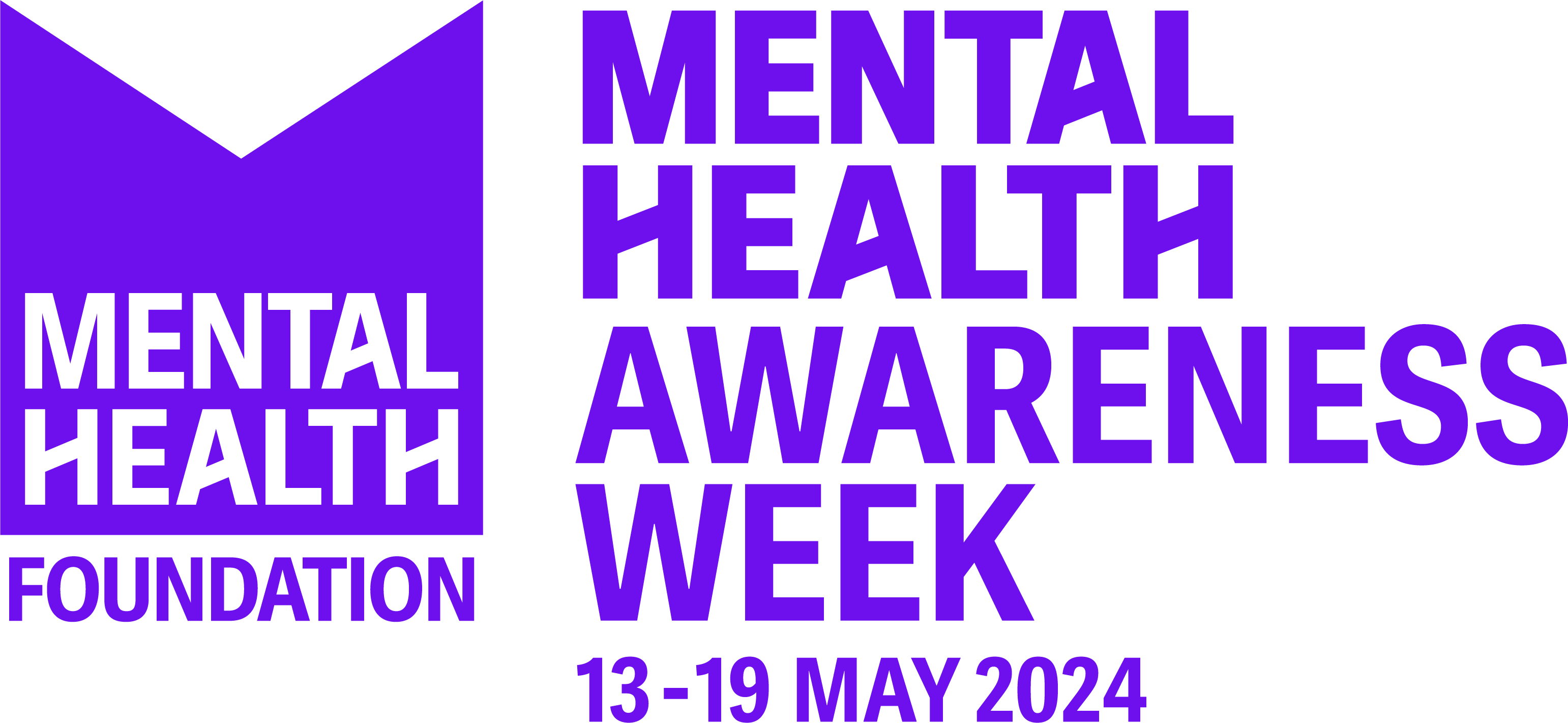Mental Health Awareness Week
This Mental Health Awareness Week, the theme is Movement: moving more for our mental health to raise awareness and bring those struggling help and support.
How debt can impact your mental and physical health
It is no surprise that falling behind on payments such as your credit card, utility bills, rent or mortgage can be extremely stressful. Debt can pose a considerable burden on your life and can be very isolating.
Feelings of worry, panic or desperation may begin when you are facing debt and have an impact on your physical health too. If you find yourself unable to pay for your basic necessities, such as food, heating or water, this can have a large impact on not just your mental health but your physical health too. Not only this, but the anxiety that debt may cause can lead to problems sleeping which in turn have a knock-on effect on other areas of your life, for example, work.
If you have noticed an increase in your anxiety levels, due to debt, you are not alone. The ONS shows those who are in arrears have lower measures of life satisfaction, happiness and feeling that the things they do in life are worthwhile.
How mental health can impact debt
Of course, suffering poor mental health does not automatically mean poor financial stability. However, living with a mental health condition such as anxiety can mean a person may lean on overspending as a way to induce feelings of happiness, they may struggle to muster the motivation to tackle financial problems or their mental health might impact working potential, for example being less able to go to school, university or work.
If you feel unable to make sound financial decisions, it is easy to slip into debt, especially if you are tackling these issues alone.
Getting help with your debt
If you are struggling with problem debt, there are a few steps you can take to get yourself back on track. To begin, before entering any debt solution, you must first have received debt advice. It is important to understand all your options before entering a debt solution to ensure the one you choose is the right one for you and debt advice can help you do this.
At Angel Advance, we offer a variety of ways you can receive debt advice. You can contact us via email, webchat, WhatsApp or book an appointment with one of our advisors. We also offer debt advice through our online tool, which takes all the information you provide and calculates the most appropriate debt solution. It is important to note here, only the debt advice is free. Should you choose to enter a debt solution with us, management fees may apply. If you have any questions about this, please contact one of our advisors.
We understand that taking the first step to managing your debts can be difficult, which is why we offer as many contact options as possible. If you feel uncomfortable discussing your financial situation over the phone, our online options aim to make the process much easier.
To see the pros and cons of each debt solution we offer, please visit our Debt Solutions page here and click on each solution to learn more about each one.
Getting help with your mental health
There are many organisations and charities available in the UK that can help you with your anxiety, or other mental health concerns. Below are a few national options:
- Mind – Offering information, advice and local services for those struggling with mental health.
- The Samaritans – Their helpline is available 24/7 should you need someone to talk to. It is 100% confidential and free of charge.
- Anxiety UK – This organisation is run by and for those suffering anxiety and offers a helpline, text service, and chatbox and can help you access a wide range of support.
- National Health Service (NHS) – The NHS can provide free specialist services to help with your mental health. Speaking with a GP at your local doctor’s surgery can open up a range of services on offer.


